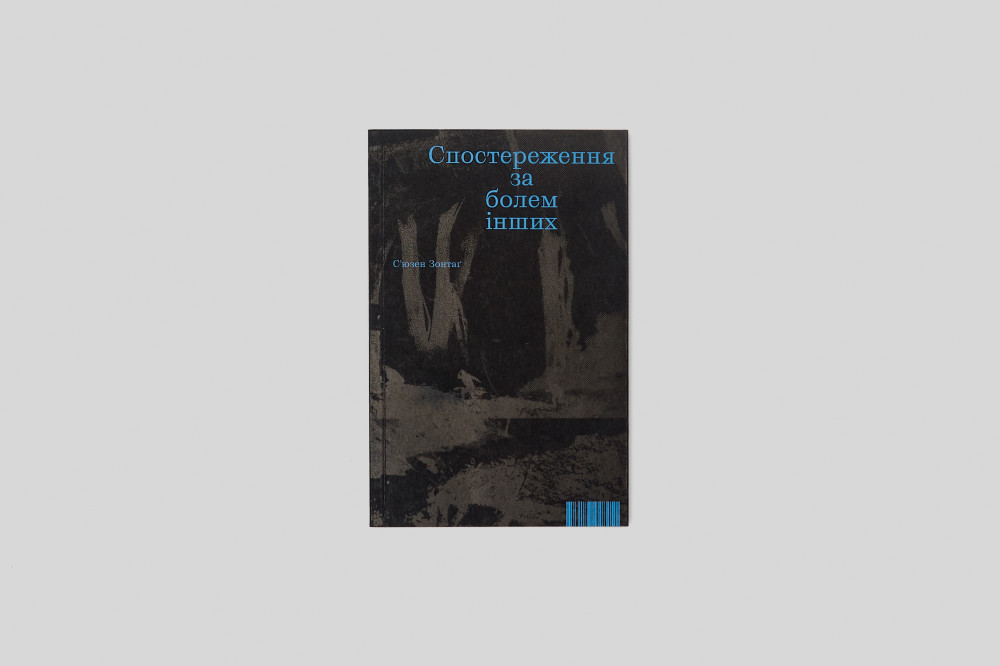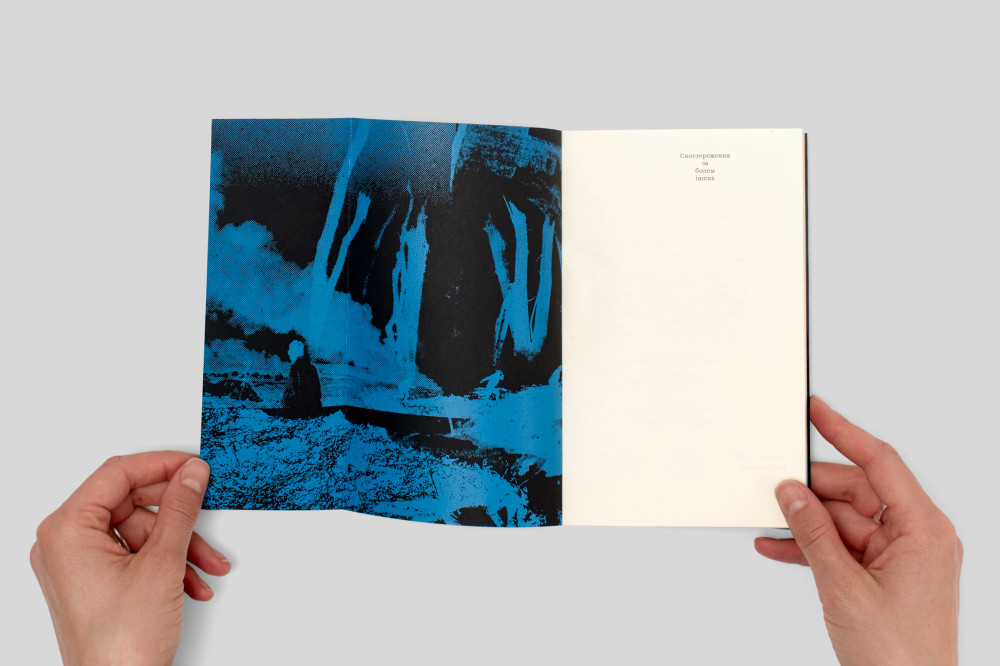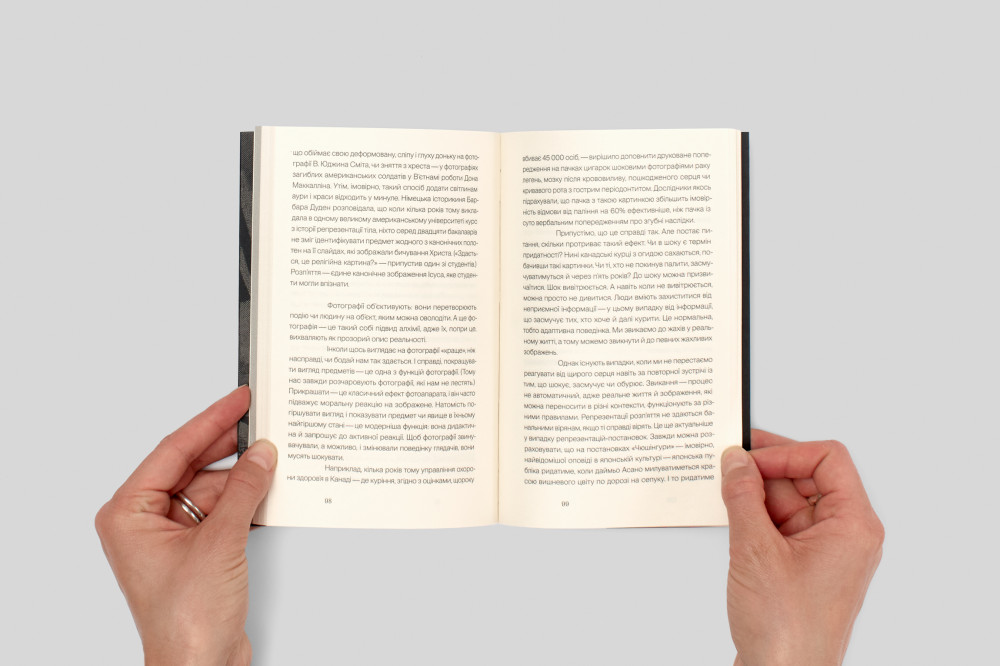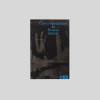
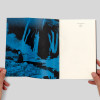


Details
144 pages, 1000 copies, first edition, Language: Ukrainian, Soft cover, 1st edition ISBN 978-617-7948-45-1, 2d edition ISBN 978-617-7948-51-2, 2023
SUSAN SONTAG. REGARDING THE PAIN OF OTHERS
"Regarding the Pain of Others" is an essay by the American critic and writer Susan Sontag that was published as a separate book in February 2003, a month before the US invasion of Iraq. Sontag continues Virginia Woolf's interwar reflections on the nature of war and asks the question of photography's ability to prevent violence: if photography makes horrors visible in all their detail, can it influence the end of wars or, on the contrary, can it lead to a just war?
"Regarding the Pain of Others” is also a revision of Sontag's own thesis from her book On Photography (1977). In the flood of many other images circulating in the news, do events become real for viewers from other countries? Or does an overabundance of images risk remaining a normalized indoor spectacle? In the essay, Sontag places photography in the history of the iconography of suffering, reflects on the perception and vulnerability of the gaze, photography and death, photography and memories of war, both collective and individual.
The book continues a new series by ist publishing that presents interdisciplinary research on war and culture — warning books.
The book is supported by Mizhvukhamy.
Team
Publishing house: ist publishing
Author: Susan Sontag
Author of the foreword to the Ukrainian-language edition, compiler of the warning books series: Borys Filonenko
Translation from English: Yaroslava Strikha
Editor: Oleksandra Sauliak
Corrector: Iryna Kurhanska
Design and layout: Volodymyr Havrysh
Printing house: Kolo
“warning books series” is a series of books about war and culture. These are studies and collections of lectures and articles translated into Ukrainian and written at the intersection of various fields of humanities — from literary criticism, history and philosophy to art theory, media theory and anthropology. At ist_publishing, we launched this series in 2022, in response to the full-scale invasion of Ukraine by the Russian army, when the need for military defense of the country raised urgent questions about culture. To better understand its relationship to war meant having opportunities to act in a balanced way, to build new relationships, to have discussions about what has been said and written, and from within our own experiences. Culture can prevent war or help to survive it, culture can wage war, and war can subjugate culture. In the “warning books series”, we publish texts that allow us to look at the shared history and theory of war and culture in their shimmering kinship.
